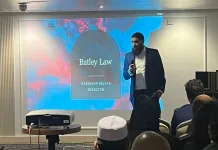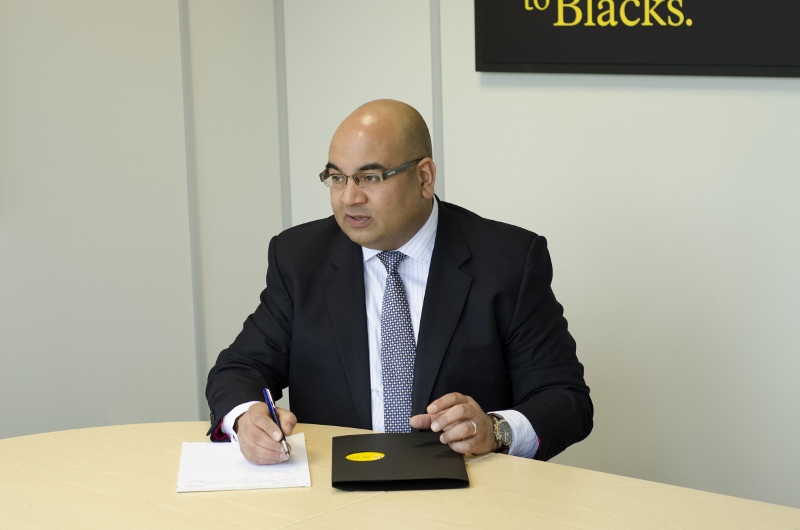
Part 36 is a provision in the Civil Procedure Rules that creates a certain type of settlement offer which can carry significant costs and/or interest penalties if it is not accepted by the opposing party and that party then fails to beat the offer at trial. Part 36 Offers are made on a “without prejudice save as to costs” basis meaning that the Court is not made aware of them until after it has given judgment but before it has made an Order in relation to who should pay for the cost of the proceedings.
Part 36 Offers are designed to encourage parties to settle without going to trial and, if used wisely, they can be a potent negotiating tool. Making a Part 36 Offer should not be seen as a sign of weakness but instead as an appropriate means of putting pressure on an opponent to settle the dispute.
The article headed “Marathon Receives Buttons” published in this publication recently referred to the case of Marathon Asset Management LLP v Seddon & Bridgeman. In that case, Marathon pursued a claim against Mr Seddon and Mr Bridgeman, two former employees, for taking confidential information belonging to Marathon before they left the company. Marathon sought damages of £15m against their former employees but the Court only awarded nominal damages of £1 against each Defendant as they had not used the information that they had taken and, in any event, Marathon had suffered no financial loss as a result.
Recently, the matter returned to Court for the Judge to deal with the issue of costs. Usually, the successful party in litigation is awarded his costs of that litigation. However, even though Marathon had technically “won” (as it was awarded damages against the Defendants), the Judge ordered it to pay the majority of the Defendants’ costs on the basis that Marathon had failed to accept a Part 36 Offer made by the Defendants during the proceedings – the Defendants had made a £1.5m Part 36 Offer to Marathon but that offer had been rejected.
As Marathon had failed to beat the Part 36 Offer (as it was only awarded damages of £2) the Judge considered it to be a “game changer” in terms of deciding whether Marathon should be entitled to its costs. He ruled that Marathon should pay the Defendants’ costs from the date when the Part 36 Offer was rejected. In the words of the Judge: “the offer made by the Defendants should have rendered that dispute entirely academic… the costs consequences should be visited on parties in Marathon’s position who, instead of taking a realistic attitude, open their mouths too wide”.
This case should act as a stark warning to litigants to consider Part 36 Offers carefully and to accept any which are sensible instead of continuing to litigate.
If you are involved in litigation and require assistance then the Commercial Dispute Resolution Team at Blacks Solicitors is able to assist. Please contact Luke Patel on 0113 227 9316 or email him at “LPatel@LawBlacks.com”.















